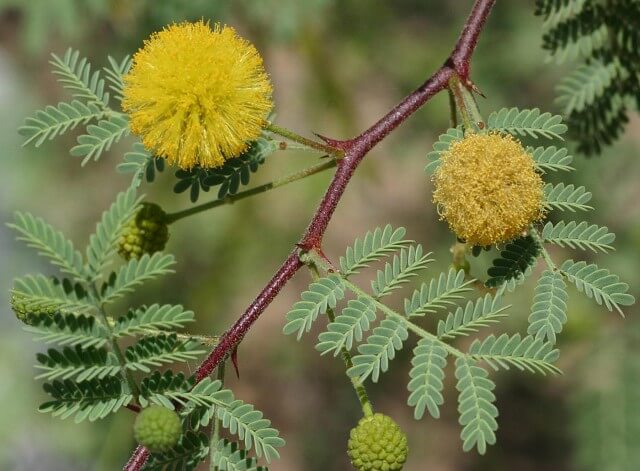Alfalfa: Buffalo herb, Lucerne

Alfalfa is one of the rashest land- grown sources of sub- nutritional trace food minerals. The deep feeder roots go down deep into the soil, fifty feet and more, to bring those much needed trace minerals. Most food plants are shallow surface feeders.
Alfalfa is considered one of the best sources of iron, magnesium, phosphorus, sulphur, sodium potassium, chlorine and silicon. It is particularly rich in plant calcium. It is one of the best plant sours of vitamin K, which is so essential to the clotting of blood.
Alfalfa also contains eight known enzymes, so necessary to make foods assailable by the body. In his book , Medicinal Value of Natural Foods, Dr. W. H. Graves, D.C., lists alfalfa as indicated in cases of diabetes, TB, rheumatism , Bright’s Disease, toxaemia, jaundice, neuralgia, insomnia, nervousness, syphilis, constipation, lumbago, hardening of the arteries, dropsy, prostatitis, anaemia, , skin eruptions and poor complexion. It is also listed as a good blood builder, good for teeth and bones and for inflamed bladder. It is a splendid milk producer for nursing mothers. It greatly aids in the elimination of various drug poisons from the body. 90% of the potassium, 85% of the magnesium, 75% of the phosphorus, 50% of the nitrogen and 40% of the calcium contained in the dried alfalfa plant are soluble in water.”


